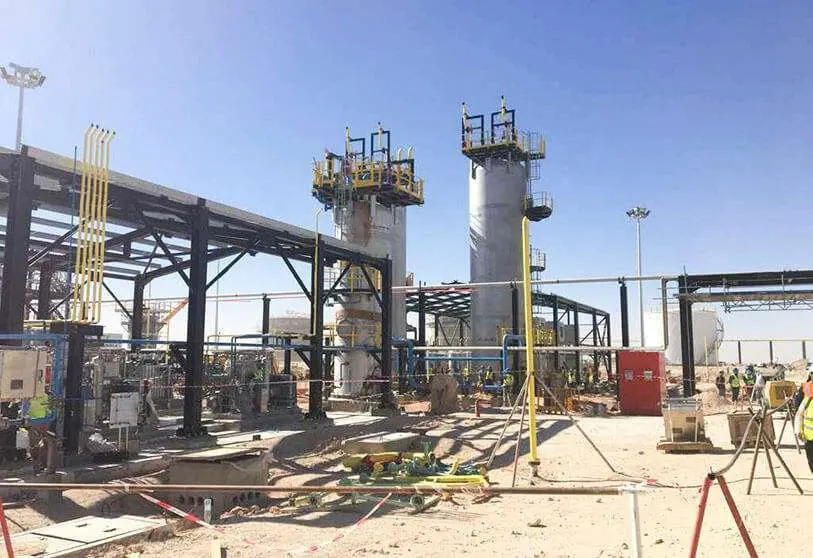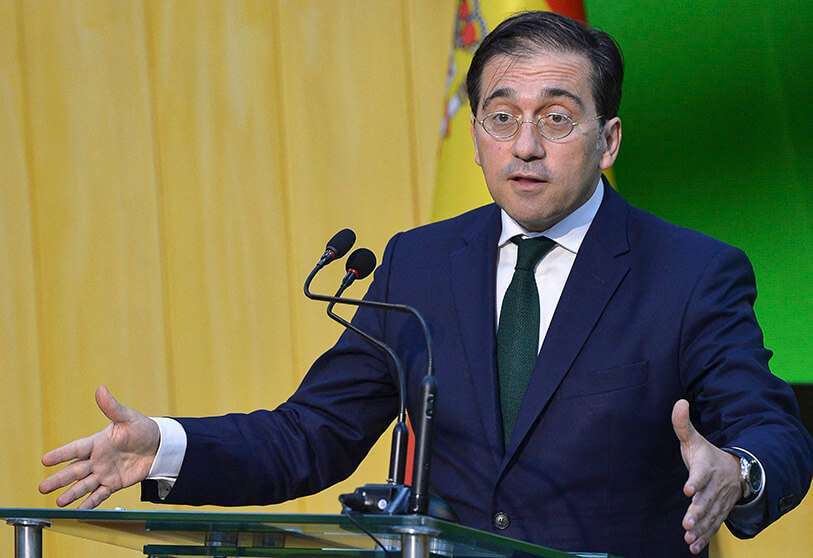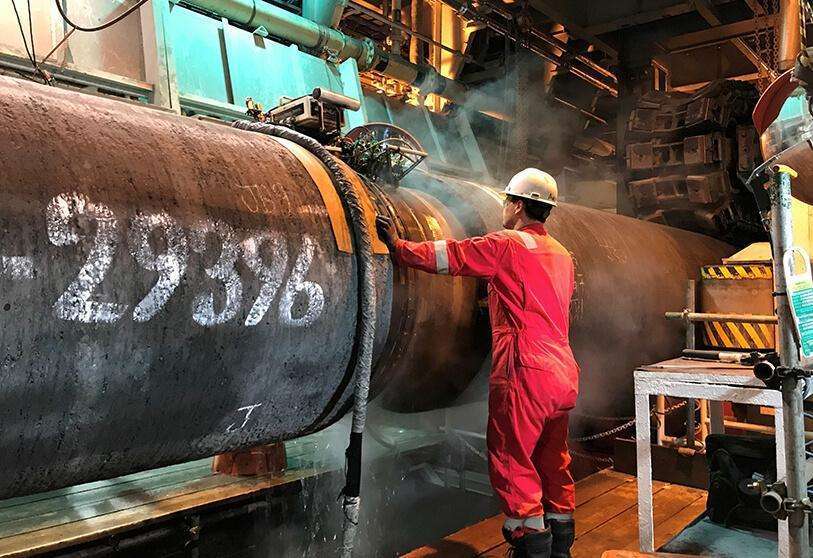Argelia y la amenaza del cierre al Gasoducto Magreb Europa

Doubts, reticence and uncertainty about the future of energy supply are looming over Spain and the Iberian Peninsula in general after Algeria's intention to close the Maghreb Europe Gas Pipeline, which is an important source of gas supply from the Maghreb country to Europe, passing through neighbouring Morocco.
The political and diplomatic clash between the Algerian nation and the Alawi kingdom over the various differences between them (including the issue of Western Sahara) has led to this situation in which Algeria may have decided not to extend the contract for the service of this gas infrastructure after 25 years of operation.
Algeria may have decided to cancel the gas pipeline that passes through Moroccan territory to reach the Spanish coast as of 31 October, when the gas transit contract that allows this energy source to reach Spain via Morocco comes to an end, according to the French media Les Echos.
José Manuel Albares, Spain's Minister of Foreign Affairs, travelled to the Algerian nation to ensure the gas service due to this situation, and the Maghreb country has assured that the gas supply is guaranteed through another direct underwater pipeline that runs from the North African country to Spain, the Medgaz, which is responsible for bringing natural gas without having to pass through Morocco.

Although this manoeuvre raises doubts because the Maghreb Europe pipeline, which reaches Spain and Portugal, carries some 8 billion cubic metres of gas a year to Spanish territory, and the Medgaz pipeline, which is also operational, also transports some 8 billion cubic metres, but with the promise that from 8 billion cubic metres it will increase to 10 billion cubic metres to compensate for the closure of the other supply. The amount offered by the Medgaz pipeline would be increased by 2 billion cubic metres a year, but a further 6 billion cubic metres would still be needed to compensate for the entire volume handled by the Maghreb Europe Pipeline. Although sources in the gas sector consulted by the newspaper El Economista suggest that supply ships could provide what is lacking to complete the necessary level of gas.
It now remains to be seen whether what the French media Les Echos publishes is true and whether Algeria finally interrupts the service of the gas pipeline that crosses Morocco. All this after the visit of the Minister José Manuel Albares to meet with the Algerian authorities together with senior executives of Spanish companies such as Enagás and Naturgy, which failed to bring Algeria closer to Morocco in order to iron out the differences and settle the dispute between the two countries.
The current situation highlights Spain's energy dependence and its dependence on suppliers such as Algeria, where 50 percent of the natural gas consumed by the Spanish nation comes from. This places the government in a difficult situation because Algeria is a declared rival of Morocco in the Maghreb, with major political disputes over the years, and because Spain was now seeking to improve its diplomatic relations with the Alawi kingdom after a rather complicated period generated by the Spanish government's decision to take in the leader of the Polisario Front, Brahim Ghali, to be treated for major health problems in a hospital in Logroño without having informed or collaborated with Morocco, as was denounced by the North African country.

The Kingdom has also been criticising the Spanish government for its lack of support on the issue of Western Sahara, with respect to which Morocco proposes a formula of broad regional autonomy under Moroccan sovereignty, an option that has received significant support from relevant countries such as the United States and the United Arab Emirates, although not the support expected by Morocco from Spain. All of this in the face of an initiative for a referendum on Sahrawi independence proposed by the Polisario Front and with little international support, such as that of Algeria.
The question of how and under what conditions Ghali was allowed to enter Spain is under judicial investigation, even affecting the former foreign minister, Arancha González Laya, and the lawsuits filed against Brahim Ghali for alleged crimes of terrorism and genocide are also being prosecuted.

At this point, it remains to be seen what will happen from now on with Spain's energy supply, given the weakness of national energy production and the great dependence on Algeria, which provides 50 percent of the natural gas consumed by Spaniards. This scenario places Spain in a difficult political situation because it must maintain good relations with Algeria and, at the same time, improve existing ties with Morocco in order to repair a damaged diplomatic relationship between countries that consider themselves neighbours and partners. Meanwhile, the closure of the Maghreb Europe gas pipeline, which brings Algerian gas to the Iberian peninsula via the Strait of Gibraltar, could seriously affect the supply of natural gas, which is essential for energy needs this coming winter.









